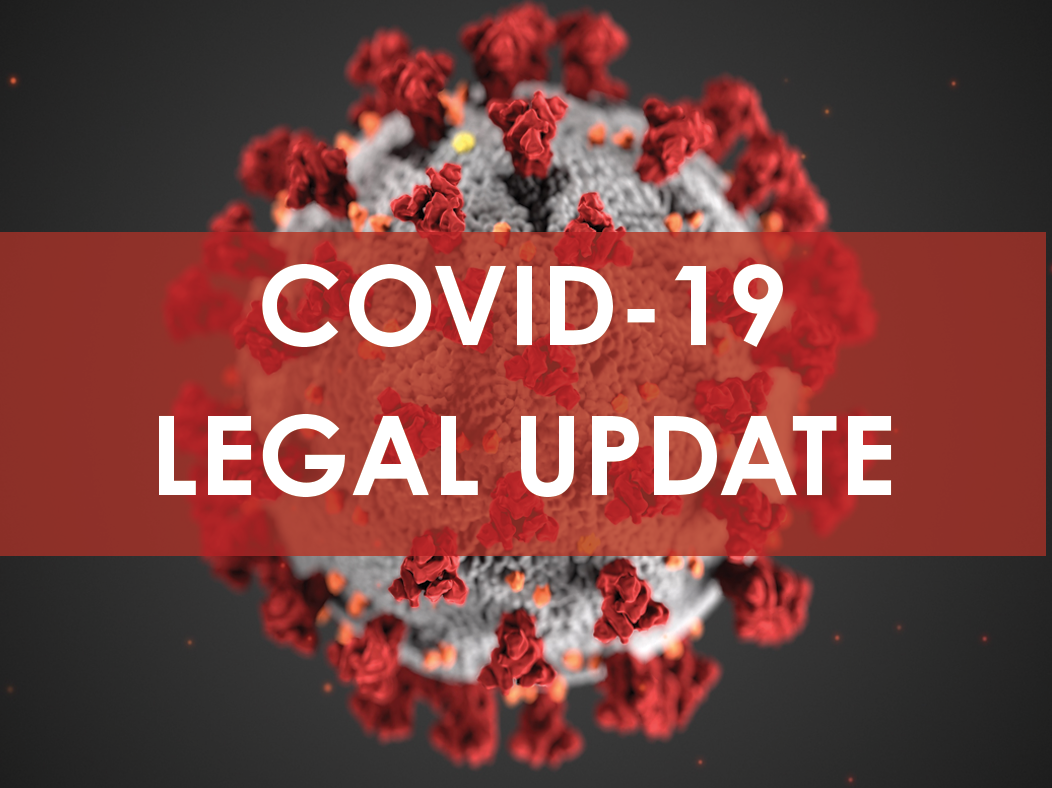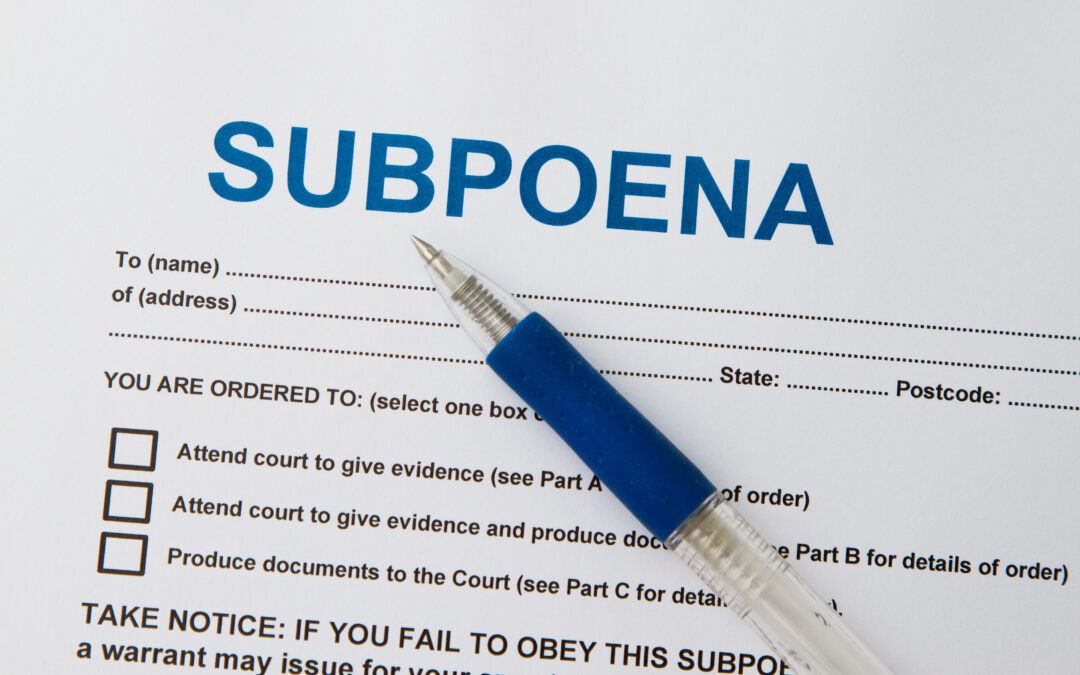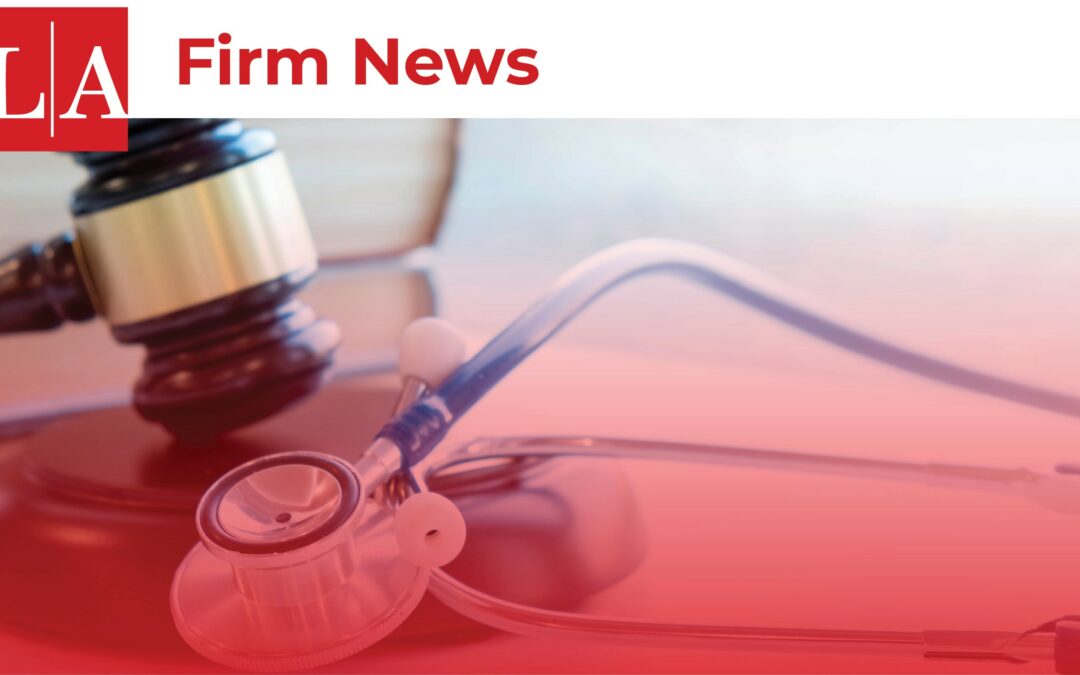By now, your practice may have received a payment via automatic deposit with the designation, “HHSPAYMENT.” This is NOT part of the Advance Payment Program. Instead, this is a separate payment under the CARES Act “Provider Relief Fund.” According to a press release issued earlier today, the Department of Health and Human Services (“HHS”), “is beginning the delivery of the initial $30 billion in relief funding to providers in support of the national response to COVID-19 as part of the distribution of the $100 billion provider relief fund provided for in the Coronavirus Aid, Relief, and Economic Security (CARES) Act recently passed by Congress and signed by President Trump.”
According to CMS and the CMS Administrator, Verma Seema, the payment received through the Provider Relief Fund does NOT have to be repaid. In fact, Administrator Seema told the media at the Coronavirus Task Force Briefing on April 7 that CMS was issuing $30 billion in “grants” based on 2019 Medicare revenue. “There are no strings attached. So, the health care providers that are receiving these dollars can essentially spend that in any way they see fit,” Seema said (emphasis added). The applicable CMS webpage for the Provider Relief Fund mirrors what the CMS Administrator and the HHS press release have said, leaving the sense that you simply have to certify that your practice will not balance bill uninsured patients and the money is yours.
Free money to spend however you like sounds good, but you won’t be surprised to find there’s a catch. The statutory language of the CARES Act from which these monies flow leaves a distinctly different impression that the $100 billion Provider Relief Fund was intended for providers on the “front line” treating coronavirus patients. Indeed, the Provider Relief Fund includes some “fine print” requiring “Recipients” to certify compliance with the “Terms and Conditions” of receipt of the monies by electronic attestation starting the week of April 13 on its webpage.
These Terms and Conditions are important and highlight what may be a conflict between the actual CARES Act language and the HHS distribution of the Provider Relief Fund monies directly to ALL providers who billed Medicare in 2019, whether or not directly involved in treating coronavirus patients.
Thus, we have identified some important questions about the strings which may be attached to those unexpected funds that may have appeared in your bank account. To keep the money, the Recipient must make several important certifications, including:
- The Recipient currently provides diagnoses, testing, or care for individuals with possible or actual cases of COVID-19.Does this mean the Recipient has to be involved directly with diagnosing, testing, or treating coronavirus or is it enough to be offering diagnoses, testing and care unrelated to coronavirus for “possible” or “actual” coronavirus patients? Must you be on the coronavirus “front line” to keep the money?
- The Provider Relief Fund payment will only be used to prevent, prepare for, and respond to coronavirus, and shall reimburse the Recipient only for health care related expenses or lost revenues that are attributable to coronavirus. Does this mean the Recipient must have incurred expenses or lost revenue in treating coronavirus or is it enough to have lost revenue because governmental orders prohibited elective or non-emergent procedures? And, what if you are one of the few providers who may be largely unaffected financially by coronavirus (e.g., oncology providers) and the money dropped into your account far exceeds your lost revenue? If you can only use it to offset expenses or lost revenues as a result of coronavirus, do you have to pay it all back or just the part that exceeds those expenses or lost revenues?
The Recipient will not use the Provider Relief Fund payment to reimburse expenses or losses that have been reimbursed from other sources or that other sources are obligated to reimburse. It seems likely that “other sources” include SBA loan monies under the Paycheck Protection Program, in particular loans that are forgiven.
According to the Terms and Conditions, there will apparently be quarterly reporting for Recipients who receive at least $150,000 from ALL Acts in response to the Public Health Emergency (again, this very likely includes your SBA PPP forgivable loan).
We believe that HHS/CMS intends for all healthcare providers to have the money with no strings attached, whether directly affected by being on the coronavirus front line or indirectly impacted by the COVID-19 pandemic. We are not convinced, however, that is what Congress meant when it drafted the pertinent language in the CARES Act. At the moment, the Terms and Conditions for keeping the money are too vague to provide any clarity with respect to these issues.
The COVID-19 pandemic and response is an evolving situation. All levels of government are engaged in the process of preparing new legislation, regulations and orders both to stem the spread of the virus and to provide relief to employers and employees. We will continue to monitor the situation and provide updates as applicable, especially as such updates affect healthcare providers and their practices.
For more updates on this topic and other legal updates related to the COVID-19 pandemic, please visit our COVID-19 Legal Resource Page by clicking


